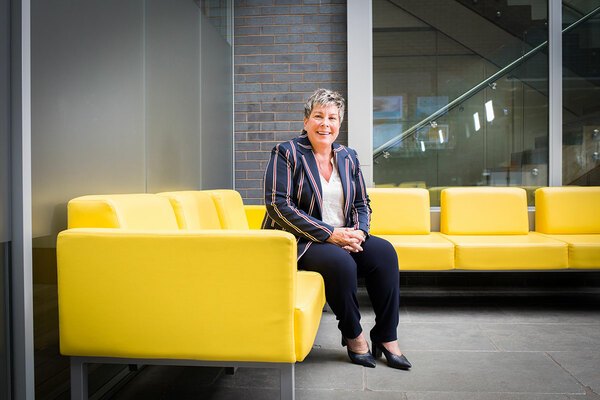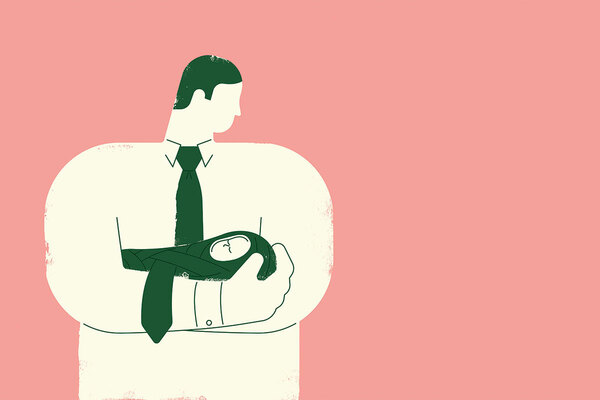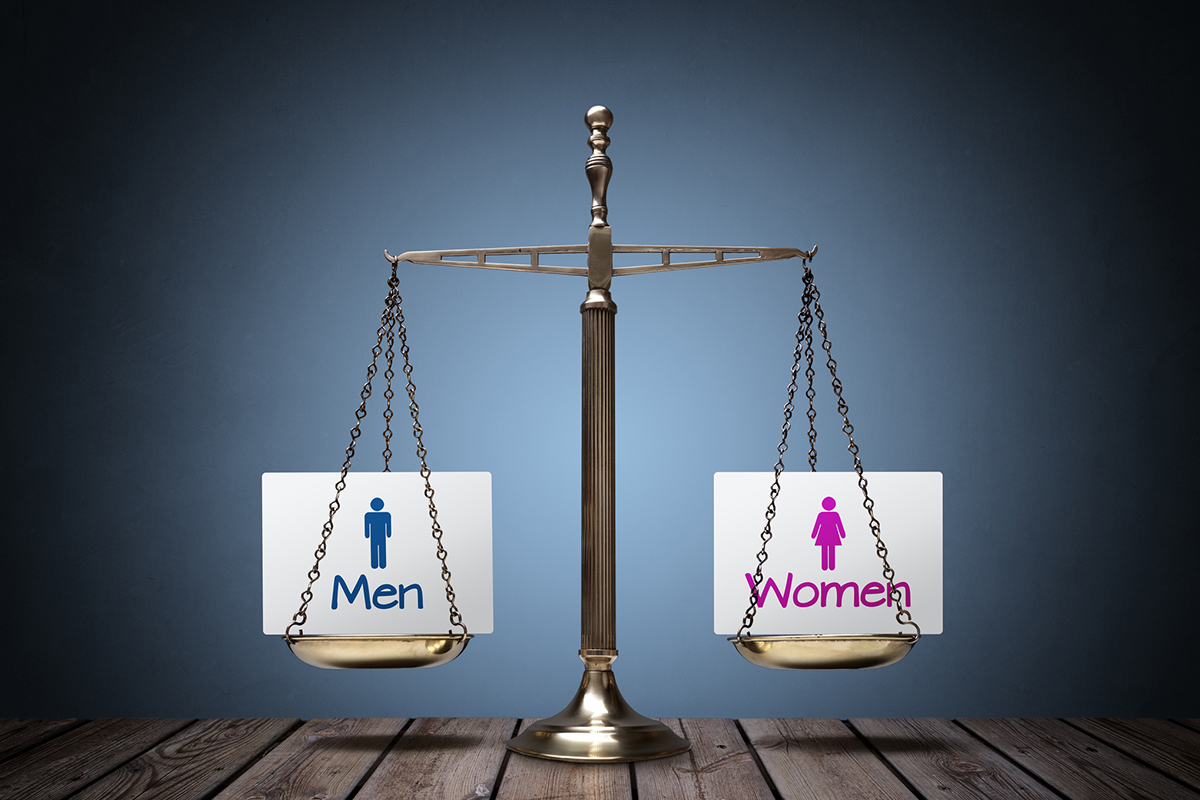You are viewing 1 of your 1 free articles
Achieving workplace equality in housing
What needs to be done to achieve equality in the workplace? Colette McKune – who chairs the National Housing Federation’s Diversity, Equality and Inclusion in Housing Group – reflects
International Women’s Day provides an opportunity for reflection. It’s a chance to take stock of where we are as a society when it comes to equality and think about what more each of us can do to bring about change.
Achieving equality for women isn’t just the responsibility of women, or celebrities, or those people in power.
One group can’t be held accountable. It is the responsibility of all of us.
The theme of International Women’s Day 2020 is #EachforEqual. We must recognise the impact that our individual actions can have on the world around us.
Whatever your role, in business or society, you can make a difference.
Equality and inclusivity have become my watchwords at ForViva.
I know what it feels like to have to push harder and challenge stigma to progress. I have rallied against bias and sexism throughout my own career in male-dominated industries.
Change is coming but, like many people, I have been frustrated by how long it is taking.
So why is progress so slow? Part of the challenge is that behaviours and language that we know to be wrong have been tolerated for so long that they have become engrained in workplaces and communities. They are part of our day-to-day lives.
We can’t accept them anymore.
That is why it is so important that we empower people to challenge behaviour at every level of a business and every corner of a community.
If we all fight for equality, stand up for what is right and feel comfortable challenging others in the right, adult way then the changes we need will come at a much faster pace.
Diversity is about the culture of acceptance, respecting one another’s differences and teamwork.
“Change is coming but, like many people, I have been frustrated by how long it is taking”
My aim is that nobody, in the workplace or in society, should have to face discrimination. I take the responsibility of ensuring ForViva is inclusive and providing opportunities for everybody very seriously.
One of the first things I introduced when I become group chief executive was a new mission “to challenge inequalities and make a difference to people’s lives”. We wanted to put this at the heart of the group.
To help us achieve this we’ve already made changes to the way we work. These improvements have been introduced because I have asked colleagues what we should change to make things better, for everyone.
We’ve developed our recruitment practices, removed the dress code policy and introduced a work-life balance policy so more roles are accessible to more people.
Our leadership schemes are aimed at increasing the number of women in leadership roles, and our training now includes overcoming biases in the workplace.
We have nominated ambassadors and role models to demonstrate various careers and opportunities available in the group and have ‘change champions’ who are part of the Greater Manchester Housing Providers group.
We’ve also launched THRIVE, which is a new employee development journey open to everyone across the group regardless of role, education, gender or any other factor. Its main aim is to create a diverse and inclusive path to unlocking talent.
We’ve made good progress, but I want to do more.
If we’re serious about lasting change then we have to rethink the kind of data we collect.
In business, it is often the case that if it doesn’t get counted, then it doesn’t count.
We must measure our progress on equality and diversity in the same way we track other key metrics.
“If we all fight for equality, stand up for what is right and feel comfortable challenging others in the right, adult way then the changes we need will come at a much faster pace”
Looking forward, we are especially keen to promote trades as a career option open to everyone.
Across ForViva, the split of our staff is 52% male and 48% female. Yet in the property services side of the group, only 2% of operatives are female.
This isn’t exclusive to us – it’s a challenge across the industry. And I want to continue working to reduce this gap.
We’ll continue to look at the way we recruit staff, making sure our advertising appeals to more people. Our open days will continue aiming to improve apprenticeship recruitment and address female under-representation.
We’ll always foster a culture where people feel comfortable to speak out and challenge unacceptable behaviour, which includes the differences in language when describing women in the workplace.
I’m determined that ForViva will remain at the forefront of addressing inequality, with everyone working towards being #EachforEqual.
Colette McKune, group chief executive, ForViva; and chair, NHF Diversity, Equality and Inclusion in Housing Group
More on the gender pay gap
Here are a few of Inside Housing’s articles on gender pay reporting:
Housing associations promise action following gender pay reports Major housing associations are revealed to have gender pay gaps of more than 25%
Welsh housing associations have 8% gender pay gap The data shows the extent of the gap between pay for men and women in Wales
Huge reverse pay gap at Scotland's largest housing association Full details of Scottish associations’ gender pay gaps – including a gap in favour of women at Glasgow Housing Association
Mind the gender pay gap To mark the deadline for gender pay gap reporting, we republished this piece by Kate Youde looking at the issues involved
A guide to gender pay reporting in the housing and care sectors Emma Burrows of Trowers & Hamlins explains more about what is required and the trends seen so far
Gender pay reporting should be the first step in a wider employment review Siobhan Fitzgerald of law firm TLT argues gender pay reporting is an opportunity for broader change
Homes England pledges to combat ‘unacceptable’ 18.4% gender pay gap The chief executive of Homes England brands the 18.4% gender pay gap at the organisation “not remotely acceptable”













